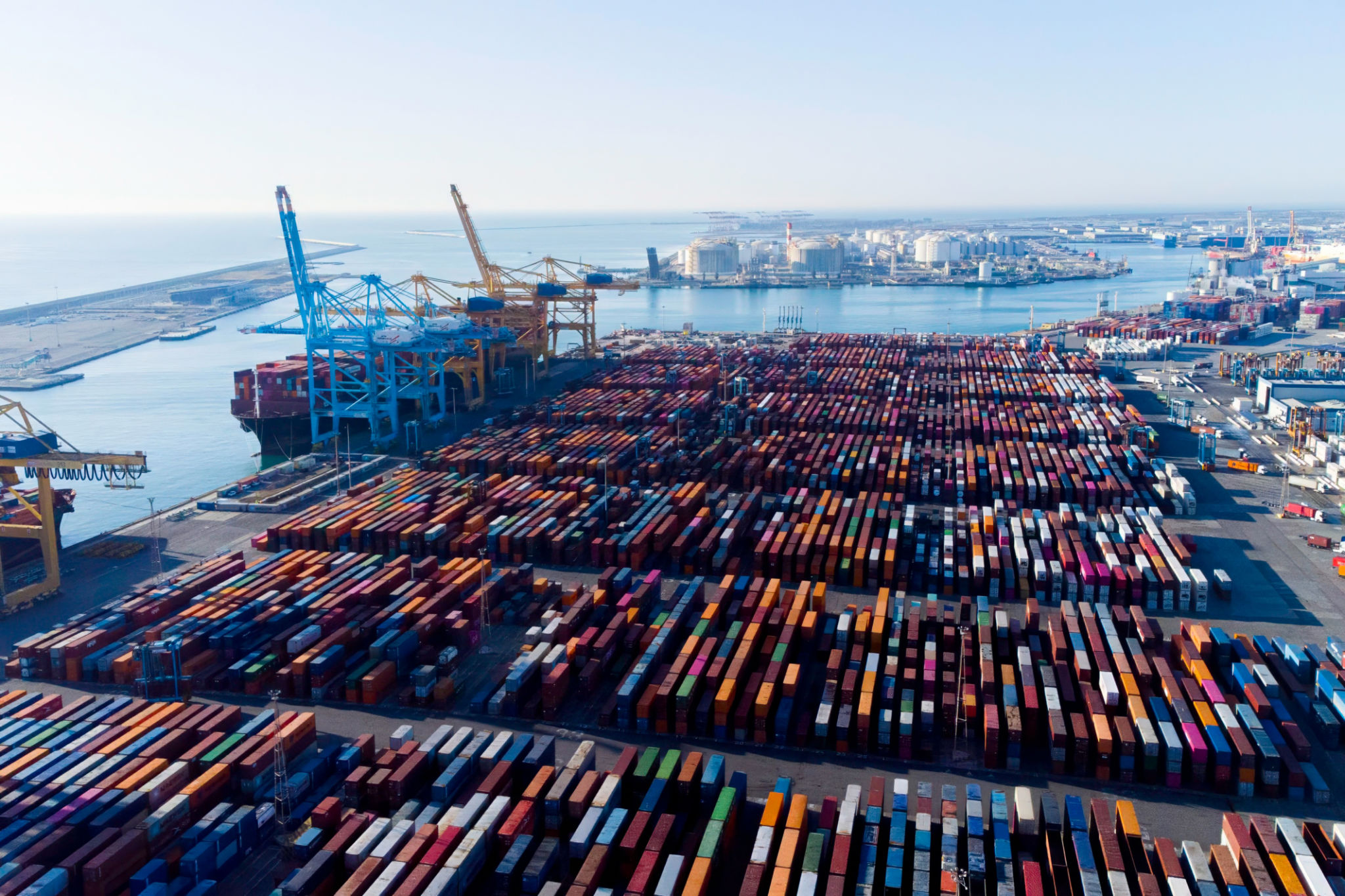Truck Freight vs. Rail Freight: Which is Better for Your Needs?
Understanding Freight Options
When it comes to choosing between truck freight and rail freight, the decision can significantly impact your logistics strategy. Both modes have their unique benefits and limitations. Understanding these can help you make an informed choice for your shipping needs. This blog post will explore the key differences between truck and rail freight, helping you determine which is the better option for your specific requirements.

Flexibility and Accessibility
Truck freight is often lauded for its flexibility. Trucks can deliver goods directly to a wide range of locations, including those that are not accessible by rail. This makes trucks particularly useful for short-haul deliveries and last-mile logistics. With the ability to navigate through various terrains and road networks, trucks provide a door-to-door service that is unmatched by rail.
On the other hand, rail freight is less flexible due to its dependency on fixed rail lines. However, it excels in transporting large volumes of goods over long distances. Rail networks are generally more efficient for bulk shipments and can handle a higher capacity than trucks, making them ideal for industries that need to move substantial quantities of goods.
Cost Considerations
The cost of transportation is a critical factor for any business. Generally, rail freight is more cost-effective than truck freight when it comes to moving large quantities over long distances. This is because trains use less fuel per ton-mile compared to trucks, leading to lower transportation costs.

However, for shorter distances or smaller shipments, truck freight may be more economical. The flexibility of trucking allows for more competitive pricing in these scenarios, as well as faster turnaround times.
Environmental Impact
In today's eco-conscious world, considering the environmental impact of your shipping options is crucial. Rail freight is generally more environmentally friendly than truck freight. Trains emit fewer greenhouse gases per ton-mile compared to trucks, making them a better choice for companies looking to reduce their carbon footprint.
Nevertheless, advancements in truck technology, including the development of electric and hybrid trucks, are making this mode of transport more sustainable. Companies need to weigh their environmental goals against logistical needs when making their choice.

Speed and Reliability
When it comes to speed, trucks often have the upper hand in short-haul routes and time-sensitive deliveries. The ability to travel directly from point A to point B without needing to adhere to set schedules gives trucks an advantage in terms of speed.
Rail freight, while generally slower due to scheduled routes and stops, offers high reliability for long-distance hauls. Trains are less likely to experience delays caused by traffic or road conditions, which can be a significant advantage for certain industries.
Conclusion: Choosing the Right Mode
Ultimately, the choice between truck freight and rail freight depends on several factors, including distance, volume, cost considerations, environmental impact, and delivery timelines. For businesses requiring flexibility and speed over shorter distances, truck freight is likely the better option. Conversely, if you're looking to transport large quantities over long distances efficiently and sustainably, rail might be the way to go.
By evaluating these factors in relation to your specific needs, you can select the freight option that aligns best with your logistical goals and business objectives.
